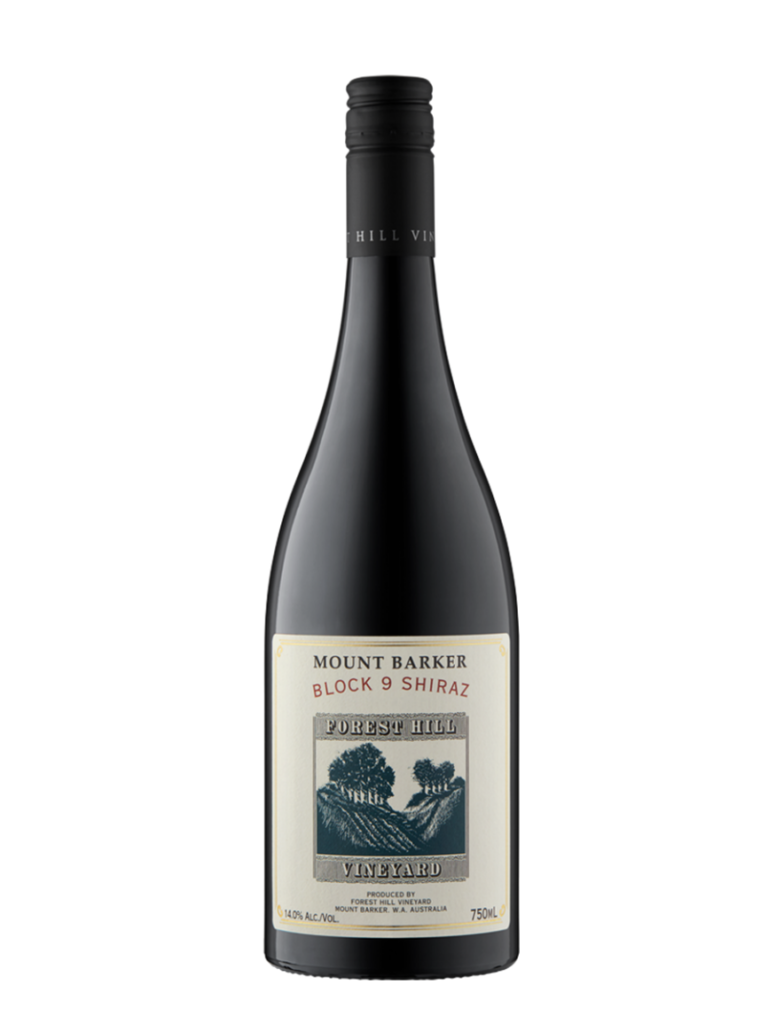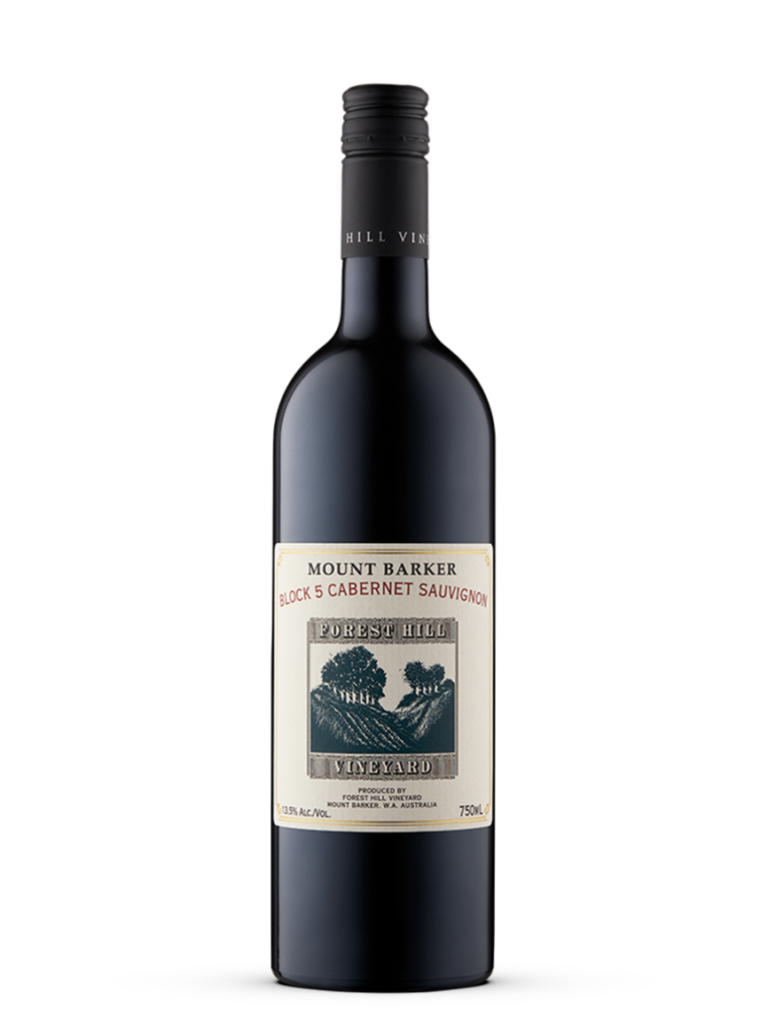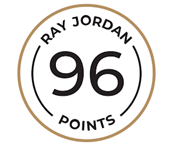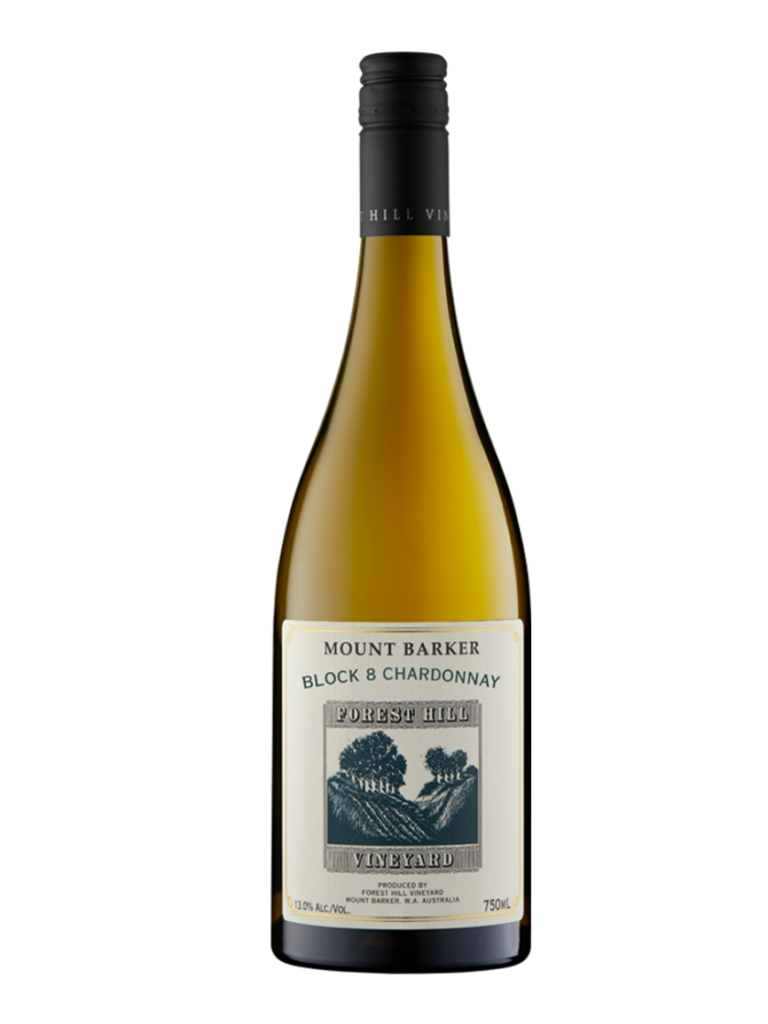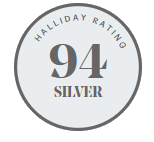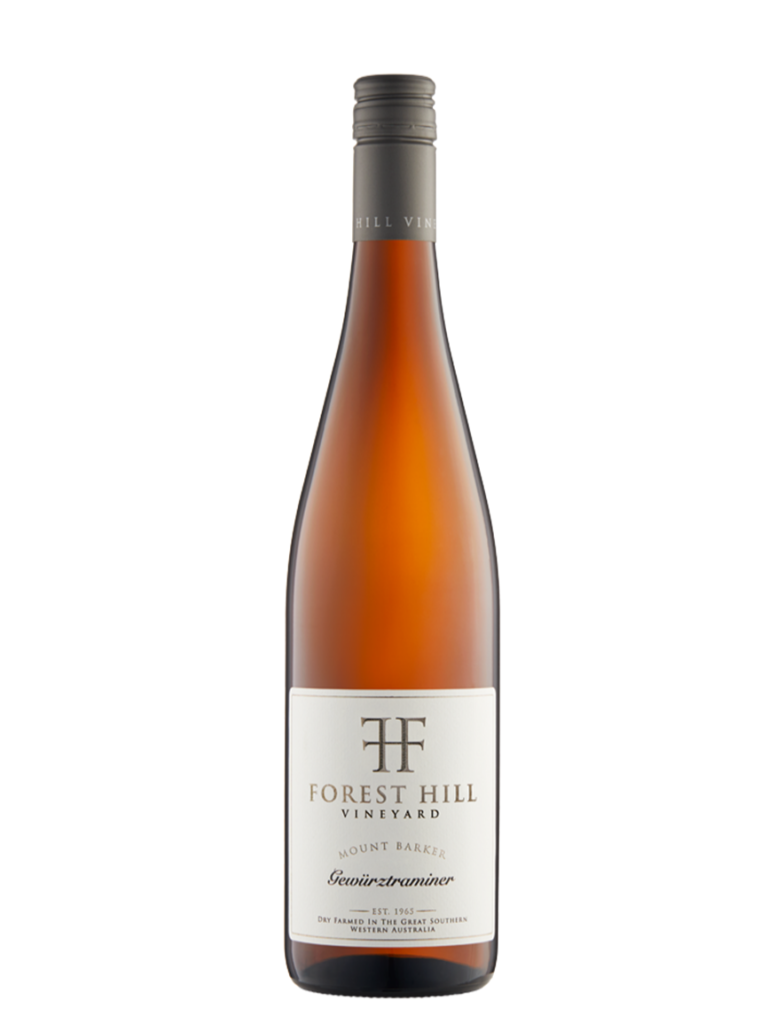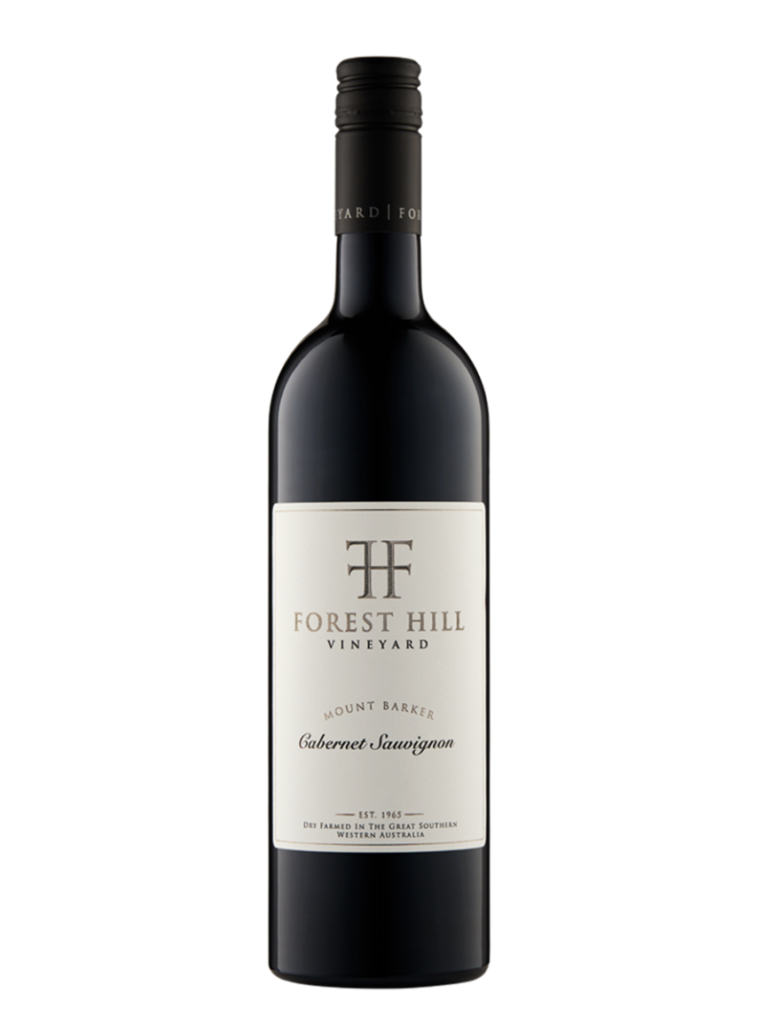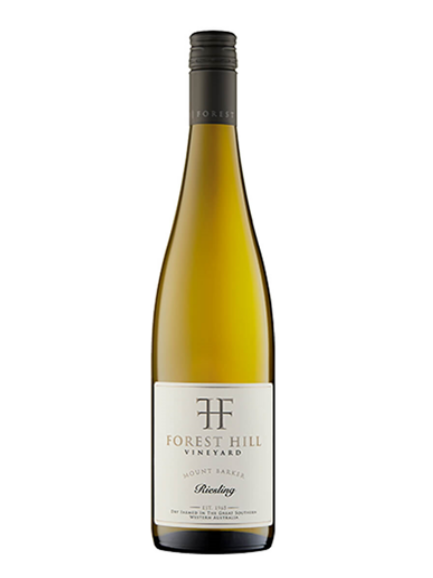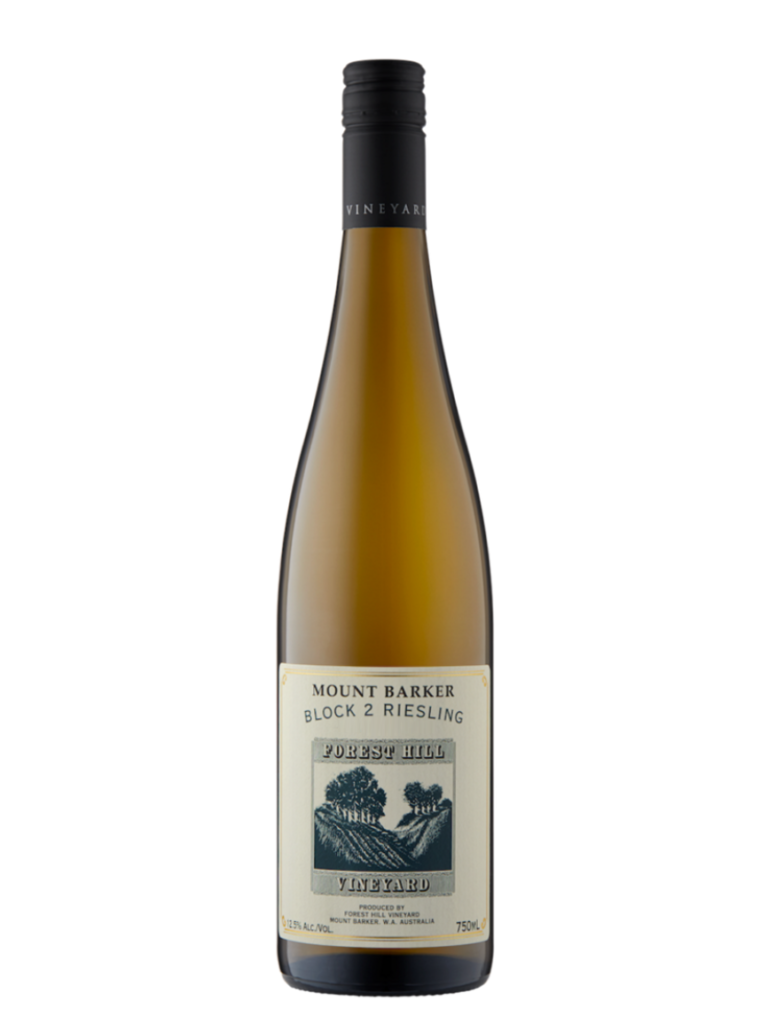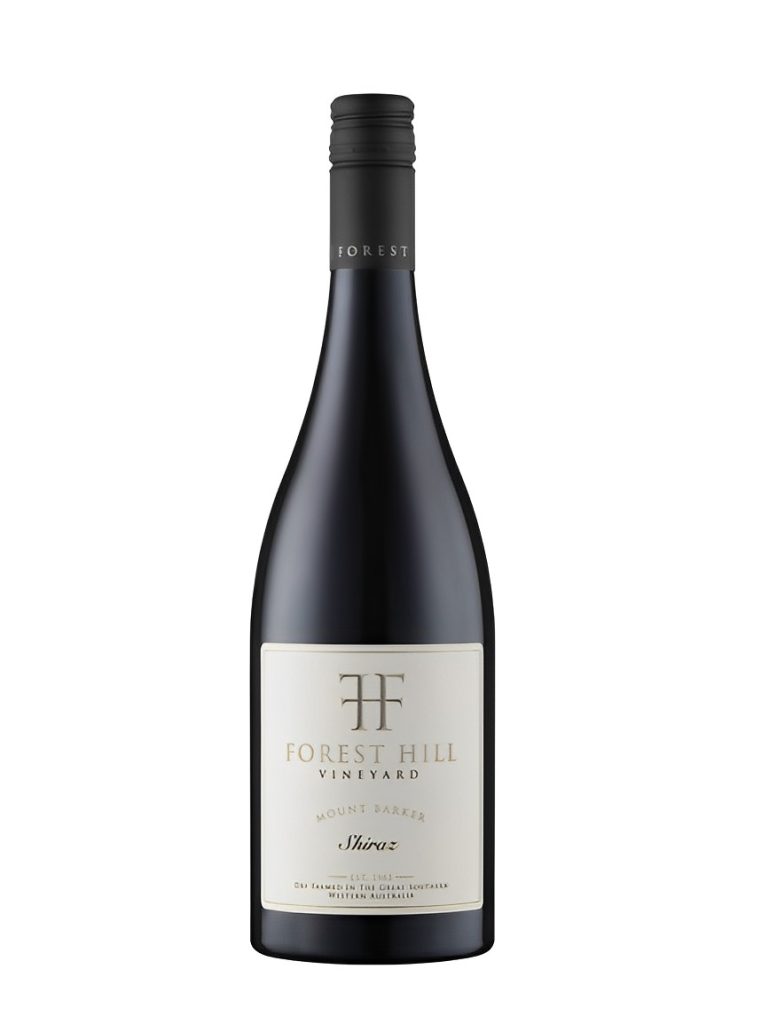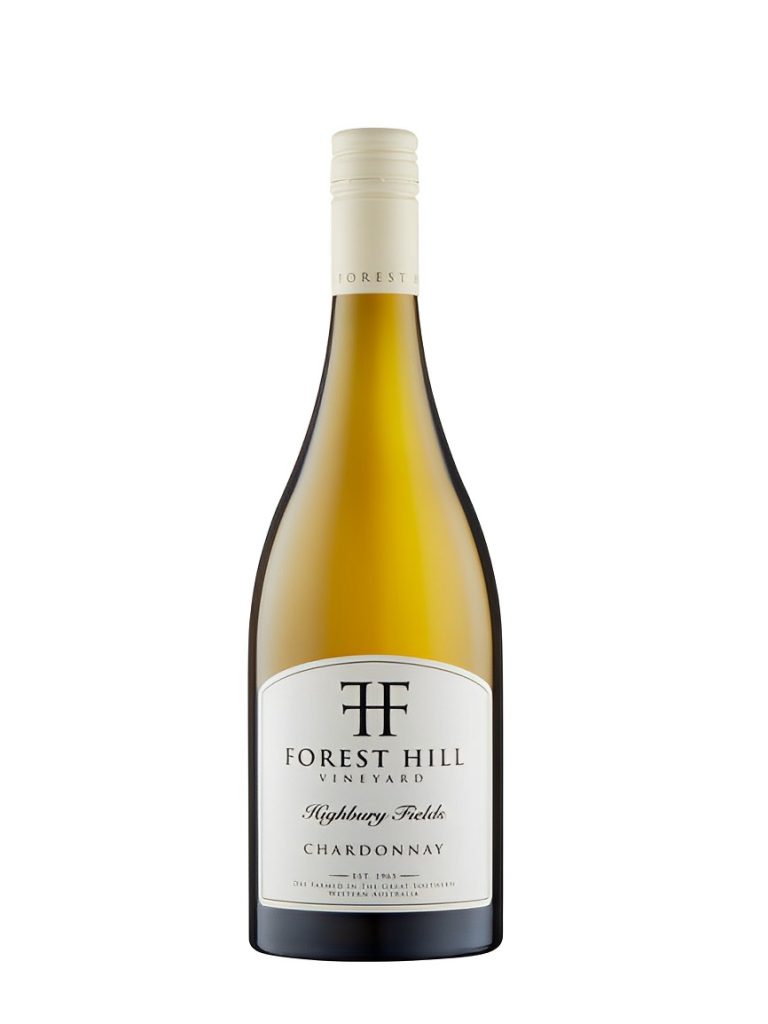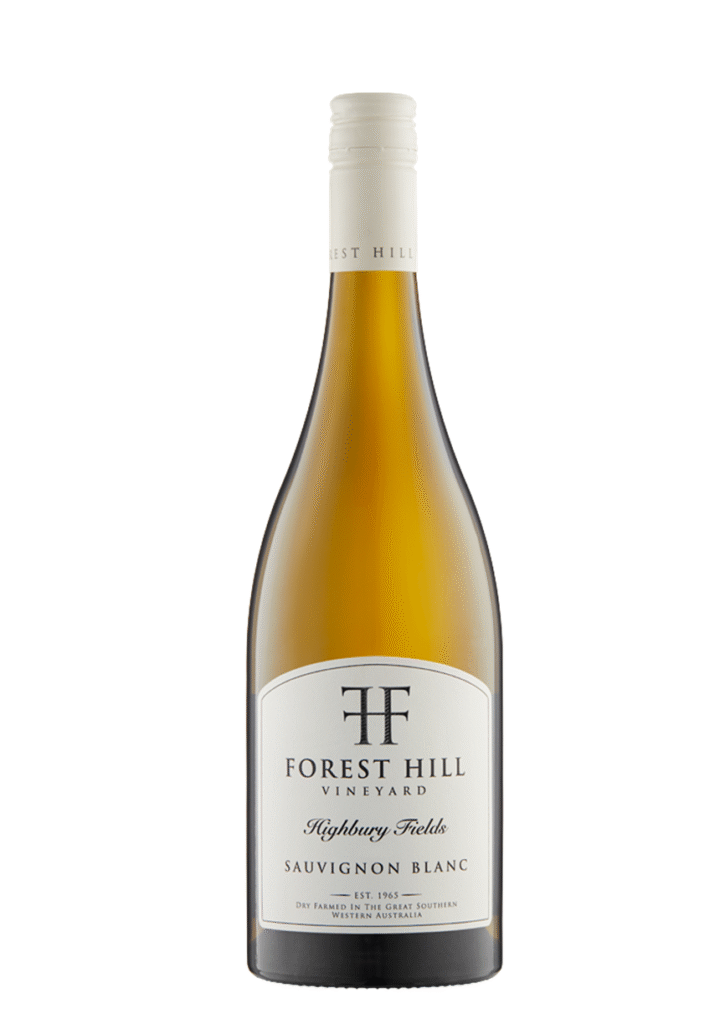Forest Hill
Forest Hill Winery has a unique place in the history of Western Australia’s wine industry, being the first cool climate vineyard planted in Western Australia.
If we don’t stock your favourite wine we can order it in, email us at info@partnersinwine.com.au
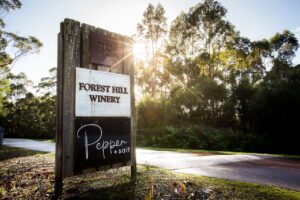
Forest Hill Winery: A Pioneer of Cool Climate Wines in Western Australia
Forest Hill Winery holds a significant place in the history of Western Australia’s wine industry, recognised as the first cool climate vineyard established in the region. Its story begins in the 1960s when Tony and Betty Pearce, after extensive research throughout the South-West, identified a site with immense potential for grape cultivation. In 1965, they planted a modest two-hectare vineyard on their property, laying the foundation for what would become a prominent name in Australian winemaking. This pioneering spirit set the tone for a legacy that continues to thrive today.
Fifty years later, Forest Hill Winery remains family-owned and operated, reflecting a deep-rooted commitment to quality and tradition. The winery crafts its wines in Denmark, a charming coastal town not far from the vineyard, with grapes sourced exclusively from the historic Forest Hill Vineyard in Mount Barker. This commitment to the original site not only honours the winery’s heritage but also allows for the expression of unique characteristics in every bottle. The family’s hands-on approach ensures that each vintage embodies their philosophy of creating wines that are a true reflection of the land.
Located in the Great Southern wine region, Forest Hill Winery benefits from the cool climate that defines this area. The region is characterised by its rugged landscapes and pristine environment, experiencing a maritime influence that contributes to cooler temperatures compared to other parts of Western Australia. This climate is vital for producing high-quality wines, as it allows for a longer ripening period, leading to enhanced flavour development in the grapes. The gradual maturation process contributes to the complexity and depth of the wines produced, allowing winemakers to harvest grapes at their peak.
The soils at Forest Hill are primarily lateritic gravelly and sandy loams, as well as sandy loams derived from granite bedrock. These soil types are well-draining and rich in minerals, providing the ideal foundation for vines to thrive. The combination of a cool climate and diverse soil types results in distinctive fine wines that capture the essence of the land. This unique growing environment is a key factor in the winery’s ability to produce award-winning varietals that have garnered recognition both locally and internationally.
Forest Hill Winery is renowned for its range of varietals that showcase the benefits of cool climate viticulture. Among the standout varieties are Riesling, Chardonnay, Shiraz & Cabernet, each reflecting the unique characteristics of the site. Riesling, in particular, has garnered acclaim for its aromatic complexity and crisp acidity, embodying the purity of fruit that cool climates can produce. The Chardonnays are often noted for their elegance and balance, while the Shiraz has a noticeable earthy spice.
The winery’s winemaking philosophy is deeply rooted in respect for the land and the seasons. Each wine is a reflection of the site, the season, and the dedicated people who nurture the vines. This hands-on approach allows the team to maintain the integrity of the grapes, ensuring that the wines express the true character of the vineyard. By focusing on minimal intervention in the winemaking process, Forest Hill preserves the natural attributes of the grapes, resulting in wines that are both expressive and memorable.
As Forest Hill Winery looks to the future, sustainability remains a core principle. The winery is committed to environmentally responsible practices, from vineyard management to winemaking techniques. This focus not only enhances the quality of the wines but also contributes to the long-term health of the vineyard and surrounding ecosystem. Initiatives such as organic farming practices, water conservation measures, and biodiversity projects demonstrate their dedication to protecting the environment while producing exceptional wines.
At Partners in Wine WA, we are proud stockists of Forest Hill Wines, offering a selection of their exceptional products. Our commitment to supporting local wineries means that we are thrilled to share these outstanding wines with our customers. If you’re interested in a particular wine that we don’t currently stock, please don’t hesitate to email us—we’re here to help you find the perfect bottle.
The accolades for the Forest Hill wine range are extensive, with the likes of Wine Companion and Ray Jordan giving outstanding scores.

If you are planning on visiting the Denmark region, make sure you visit the official wine association page HERE
Learn About Western Australian Wine Regions
Encompassing the The Swan Valley, Chittering & Surrounds the key varietals grown here include Shiraz, Chardonnay, Cabernet Sauvignon, Chenin Blanc & Verdelho.
What you might not know is it is Australia’s 2nd oldest wine region and has the hottest climate of any wine region in Australia. It is actually too hot here to produce certain varietals like Pinot. So, if you find one here, the fruit will probably be from down south.
Being on the doorstep of Perth we often forget it’s only a 25 minute drive from the city. We are so lucky to have a major wine region so close to the city.
An untapped resource that we are excited to showcase. We encourage you to take a drive up through the Bickley Valley. Not only are there some great wineries, but it’s a lovely drive with some fantastic views!
Most wineries here in the Bickley region are quiet young and a little different, with some varietals somewhat uncommon in WA. It has its own microclimate, producing differences in a Cabernet or Shiraz found down on the coastal plain. Up here you will find other varietals like Durif, Tempranillo, Mourvedre, and some Pinot Noir & Merlot.
The region stretches from Jarrahdale, through Bickley and the undulating landscapes of the Darling scarp.
The first commercial vineyard began operation in 1974 by Peel estate, which is still there today and producers some wonderful wines! Shiraz is the area’s strong suite.
The sea breeze comes much sooner than the swan valley keeping the temperatures a little cooler. Unfortunately, a region with few wineries that have a cellar door at present.
The Ferguson Valley and surrounds sits about 15 mins East of Bunbury and is home to a number of small boutique wineries. It’s majestic rolling hills, and the changes between the prevailing summer easterlies to the afternoon sea breeze makes for a diverse set of microclimates.
The region also encompasses the coastal plain, and down to Donnybrook providing different styles. Shiraz, Cabernet Sauvignon & Sauvignon Blanc are the kings of this area, but wineries are experimenting with new plantings.
World renowned Cabernet Sauvignon and Chardonnay live here, but there is still diversity in the climate that creates different styles from a winery 30km North of Margaret River, to 15km’s south of Margaret River.
There are 70 wineries with a 5 star rated (James Halliday) Cabernet. Shiraz, Sauvignon Blanc & Semillon are also strong in the area. Margs wipes other Australian regions off the table when they blend a Sauvignon Blanc and a Semillon.
If you have not been a fan of Chardonnay in the past, I suggest you give it another go. Styles change, and the regions Chards is rated amongst the best in the country.
Situated to the East & West of Bridgetown the area is exposed to cooler temperatures and a higher elevation compared with Margaret River.
The Blackwood Valley mainly produces quality aromatic Chardonnay and Sauvignon Blanc. You can expect to find a vivid shiraz full of black fruits, and a textured, medium-bodied cabernet sauvignon. There are much fewer wineries in the Blackwood Valley compared with Margaret River.
The first vineyards in the region were established in 1976 and the area is now home to several award-winning wine producers and grape growers who supply some of Australia’s finest restaurants.
This is Karri Forrest country, and the rich soil is loved by Vineyards and Avocado’s galore! Its cool and wet in Pemberton for about 6 months, receiving far more rainfall than most other wine regions in WA.
The area can receive over 1.2 meters of rain per year. It is not uncommon in summer for Perth to be Sunny and 33c, while Pemberton is partly cloudy with cool ocean breezes from the South East and only 24c.
This lush soil combined with cool weather helps Merlot, Pinot Noir, Sauvignon Blanc & Chardonnay thrive here, and keep an eye out for a lovely floral Cabernet Franc as well.
Much debate has been had over splitting up the Manjimup and Pemberton regions. Manjimup has a warmer climate and less fertile soil whereas Pemberton’s soil is richer.
The Warren River runs through the middle to split up the regions. The area is reasonably young in plantings, dating back to the late 80’s. The wines produced in this area are Merlot, Cabernet Sauvignon, Chardonnay, Pinot Noir, Sauvignon Blanc and a few Cabernet Franc’s. For me, the Manjimup and Pemberton regions produce the states best Merlot. If you haven’t been a Merlot fan, it could be you are yet to try one from these regions.
The biggest single wine region in Australia – I bet you did not know that! There is such diversity in terrain, climate and soil type that just about anything thrives down here.
Denmark, Mount Barker and the Porongurup’s are the key areas, Some of WA’s finest Shiraz comes from north of Denmark in the Frankland River area, while most of Australia’s best Rieslings come from the Porongurup’s. Just ask James Halliday who says it himself!
Due to the sheer size of The Great Southern and its varied terrain, it has the capacity to produce world-class wines from a range of classic varieties. Shiraz, Cabernet Sauvignon, Pinot Noir, Riesling, Sauvignon Blanc & Chardonnay. There are 5 star wineries littered throughout the region. I need no convincing in taking a trip to Denmark for their wineries.




